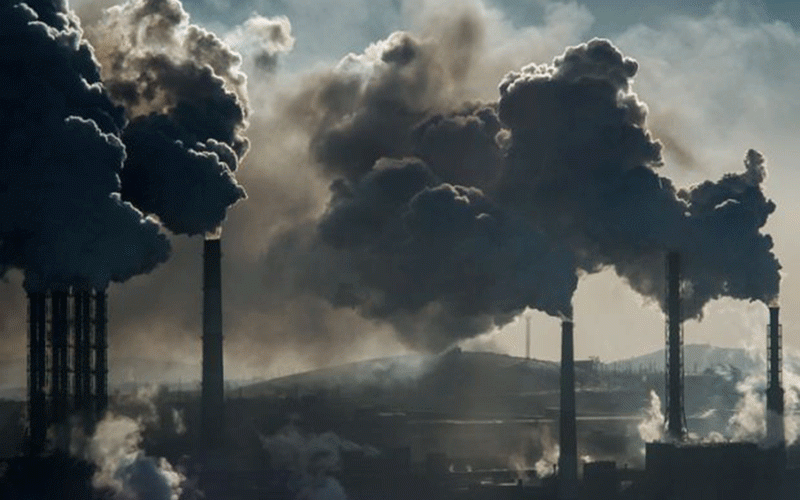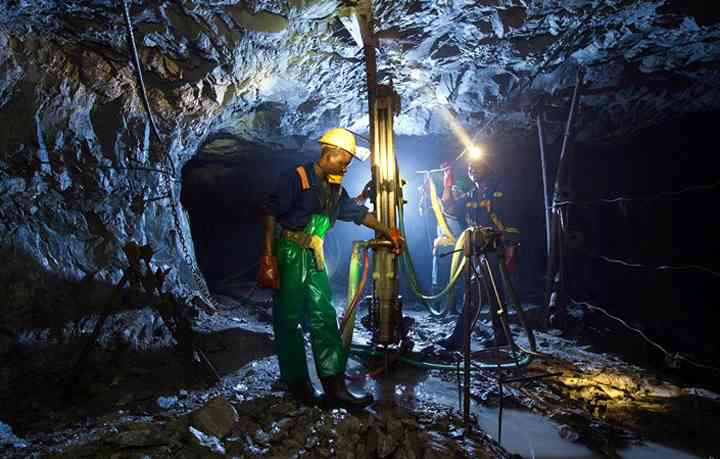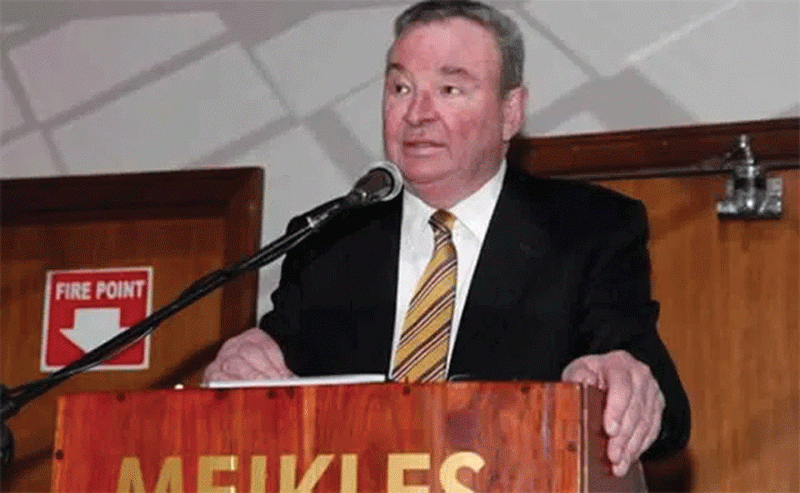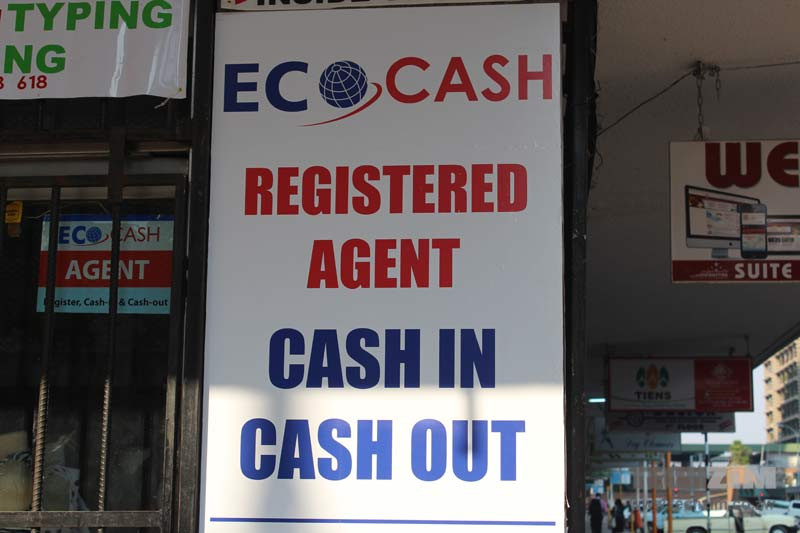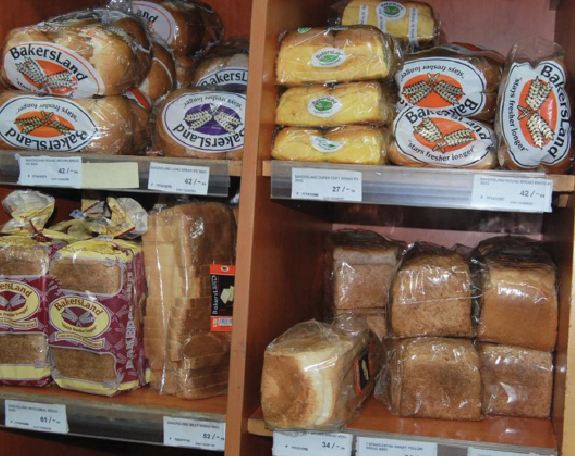
The price of bread has gone up while transport fares have also moved northwards, a clearest sign of increased economic turmoil coming on the back of recent monetary and fiscal policy measures.
BY TATIRA ZWINOIRA
It now costs $1,50 to buy a standard loaf of bread, 50% more expensive and way above Zimbabwe’s annual inflation rate.
Short-distance travel, rated at 50 cents since the economy dollarised in 2009, now costs 75 cents. Long distance travel now costs $1,50, up from $1 since 2009.
The fares increased this past weekend as commuter omnibus operators face higher fuel and motor spare parts costs from the new tax imposed last week.
“It is really the instability in prices and the pricing system which resulted in price increases of fuel and spares. So mainly, it’s a response to the price increases in the inputs required in transporting, which are fuel and spares,” National Transport Workers Union of Zimbabwe president Noah Gwande said yesterday.
In addition to that, it is also a response to the uncertainty of government. Government is not coming up with a firm position, which would assist businesses make informed decisions.
“We do not have a formal government response to the crisis as we speak, so people are hedging themselves against price increases by resorting to increasing spares or anything commodity or service. There is a lot that is not being explained that is really affecting every person.”
- Chamisa under fire over US$120K donation
- Mavhunga puts DeMbare into Chibuku quarterfinals
- Pension funds bet on Cabora Bassa oilfields
- Councils defy govt fire tender directive
Keep Reading
Millions of people in Zimbabwe rely on public transport service to travel to their work places, according to 2016 statistics from the Greater Harare Association of Commuter Omnibus Operators.
Government last week announced an increase in electronic or mobile money transactions to 2% tax per dollar from 5 cents per transaction, a move widely blamed for a wave of price increases which ensued.
The price of petrol and diesel rose to $1,44 and $1,33 per litre, respectively, from $1,40 and $1,30 before the tax. Fuel queues last seen in 2008 have resurfaced. Although the tax adjustment has since been revised to provide for exemptions and upper limits, price increases have remained. The new tax will only come into effect when a government gazette has been published and will apply to transactions between $10 and $500 000. Transactions below the threshold are exempt, while those above $500 000 are subject to a flat rate of $10 000 per transaction.
Treasury announced the tax increase without consultations with industry.
The increase in the price of basic services and commodities have also pushed the cost of living upwards, resulting in significant welfare losses as wages have not moved abreast with the changes.
“It is a very difficult environment at the moment,” Consumer Council of Zimbabwe executive director Rose Siyachitema said.
“You look at everything, it is a very difficult environment at the moment; seeing all the long fuel queues and people moving around with containers to buy fuel. They are probably selling it on the black market at double the costs,” Siyachitema said.

